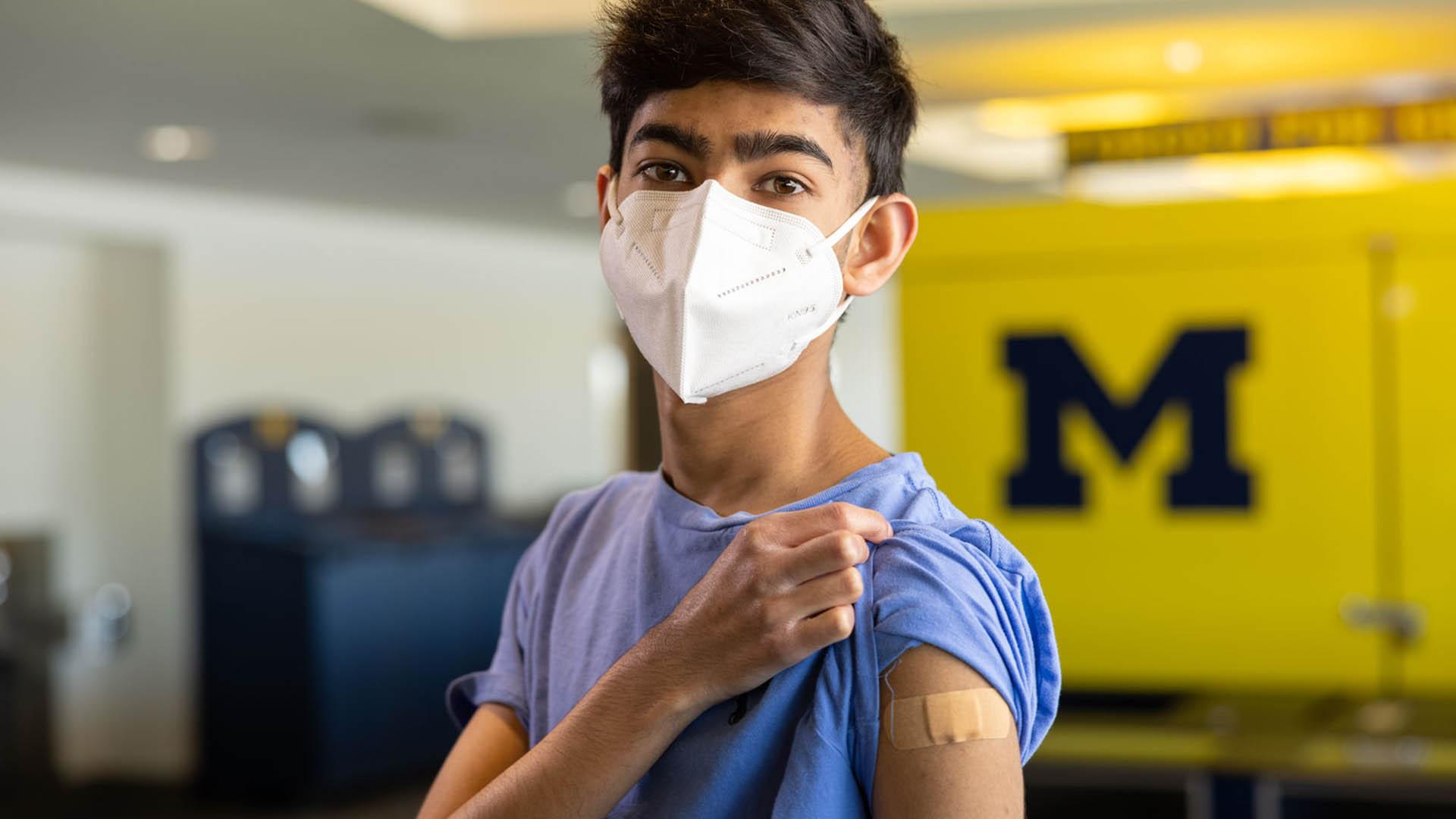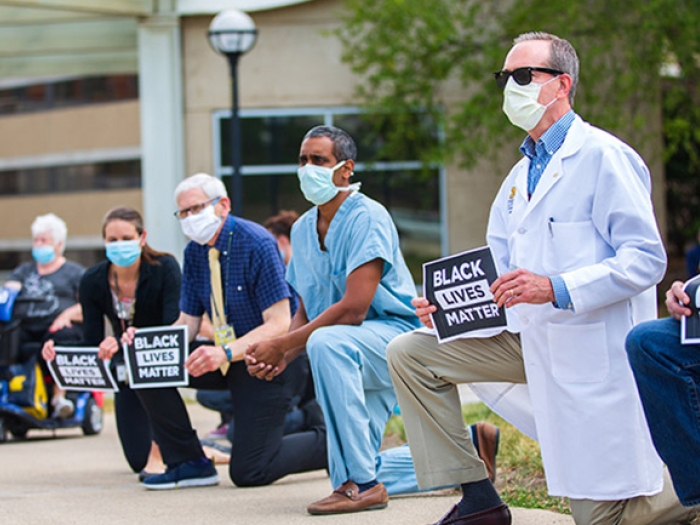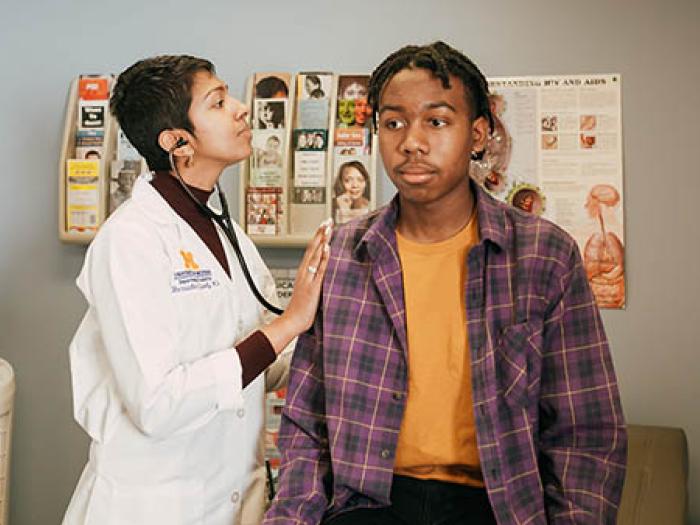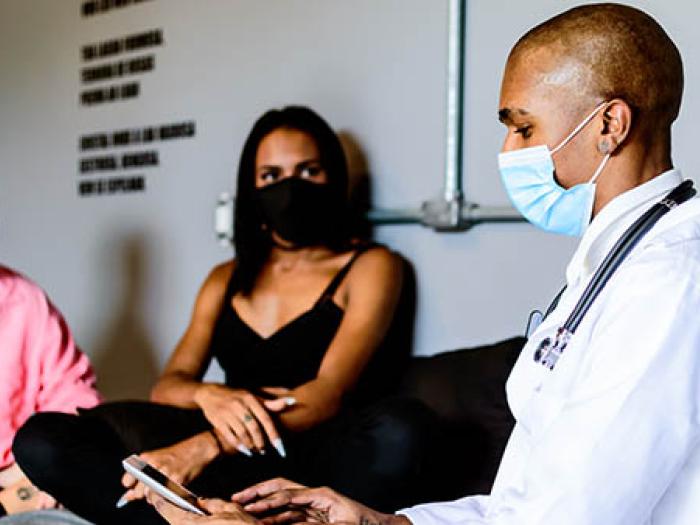Michigan Medicine seeks to provide a patient-centered, inclusive culture, empowering patients and their families to have a voice in the management and delivery of their care.


Michigan Medicine unequivocally recognizes racism as a public health crisis, and we should be standing out as leaders against inequality. We are committed to creating fundamental change that leads to a culture of anti-racism and a medical school and health system that are leaders in equity, justice, and inclusiveness for people of all colors. As part of this, we are passionate about ensuring that Michigan Medicine is a leader in health equity.

Community Health Services’ goal is to improve the health of our communities by: caring for the health of our children, promoting the health of our families, protecting health and quality of life for older adults, improving mental health support and reducing substance abuse, and developing future health leaders.

As one of the country’s leading healthcare providers, Michigan Medicine wants patients and their families to have an excellent and satisfying experience. We are committed to providing patients with easy access to all of our clinical facilities, especially for those who live with a disability. If you, as a patient or caregiver, face barriers to accessing our clinical services, we want to know about it.

Michigan Medicine focuses on creating an environment of belonging and inclusion, and providing patient and family-centered care, for our Lesbian, Gay, Bisexual, Transgender, and Queer (LGBTQ+) patients and guests, as well as for those who work and learn at our organization. Members of the LGBTQ+ community continue to face a variety of health care disparities. Together, we can all make our health system an inclusive space of healing for all patients and families.
Michigan Medicine complies with applicable federal civil rights laws and does not discriminate, nor do we exclude individuals or treat them differently, on the basis of race, color, national origin, age, disability, or sex. If you believe that Michigan Medicine has failed to act accordingly, you can file a grievance with the Michigan Medicine Patient Civil Rights Coordinator.
Ann Arbor, MI 48109-2435